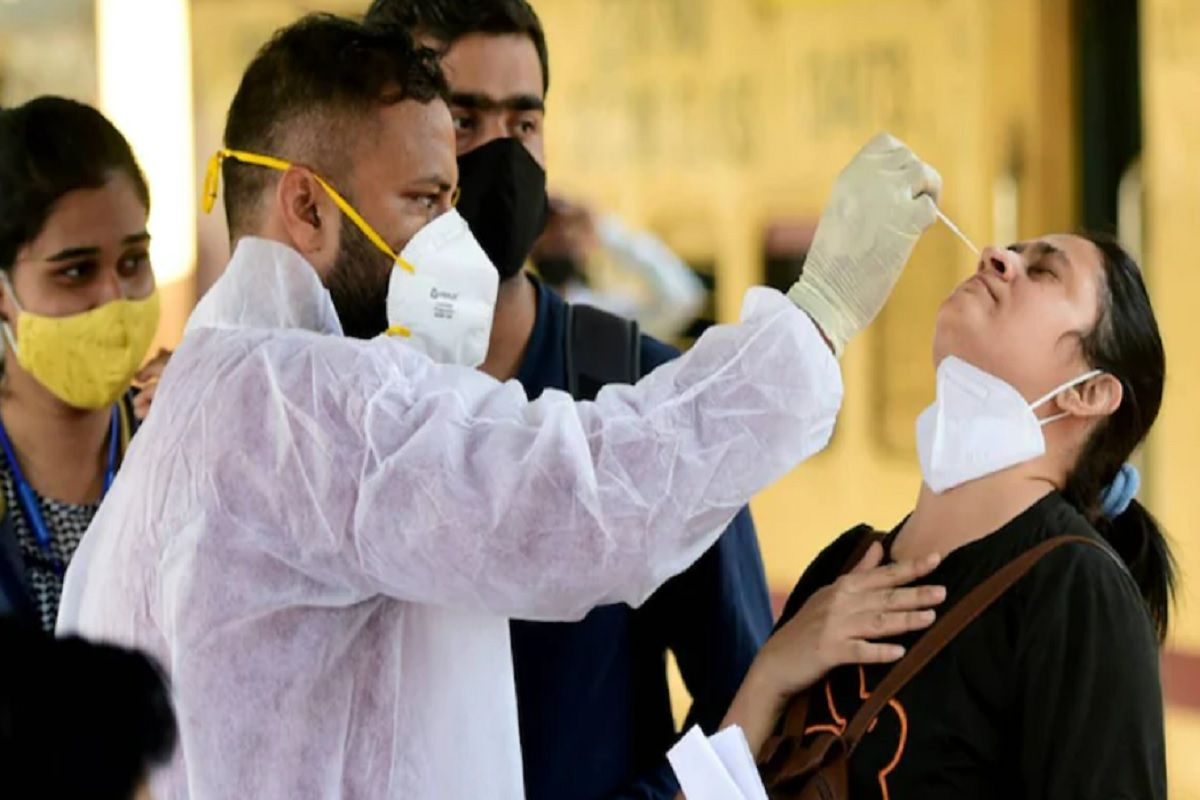New Delhi: Depression, anxiety, psychological distress and low life satisfaction are linked to Covid-19, according to a Lancet study. A study conducted by researchers from King’s College London and University College London in the UK found that increased psychological distress, depression, anxiety and lower life satisfaction were associated with self-reported prior COVID-19.Also Read – Obesity, smoking, diabetes are major risk factors for covid deaths than heart disease
Associations with poorer mental health did not diminish over time after infection, highlighting the potentially lasting effects of the disease and the need for longer follow-up procedures from healthcare providers.
“This study brings together several longitudinal studies from the UK to provide a comprehensive overview of the effects of COVID-19 infection on population mental health,” said Pravitha Patale, senior study author and professor at University College London, a graduate of Osmania University, Hyderabad. .
The study, part of the Covid-19 Longitudinal Health and Wellbeing National Core Study, was published in The Lancet Psychiatry.
Self-reported COVID-19 was associated with persistent psychological distress, even when people tested positive for antibodies to the virus.
These effects of infection were felt equally among different groups of race, ethnicity and socio-economic circumstances. The study suggests that Covid-19 infection may have the greatest impact on mental health among older people, as those aged 50 years and older with self-reported infection show a stronger association with poorer mental health.
This may reflect that older people experience more severe Covid-19 symptoms, worry more about infection and are at increased risk of blood vessel (microvascular) or brain (neurological) changes after infection.
“These findings suggest that Covid-19 infection had long-term mental health consequences for some people early in the epidemic,” said King’s College London’s Dr. Ellen Thompson said.
